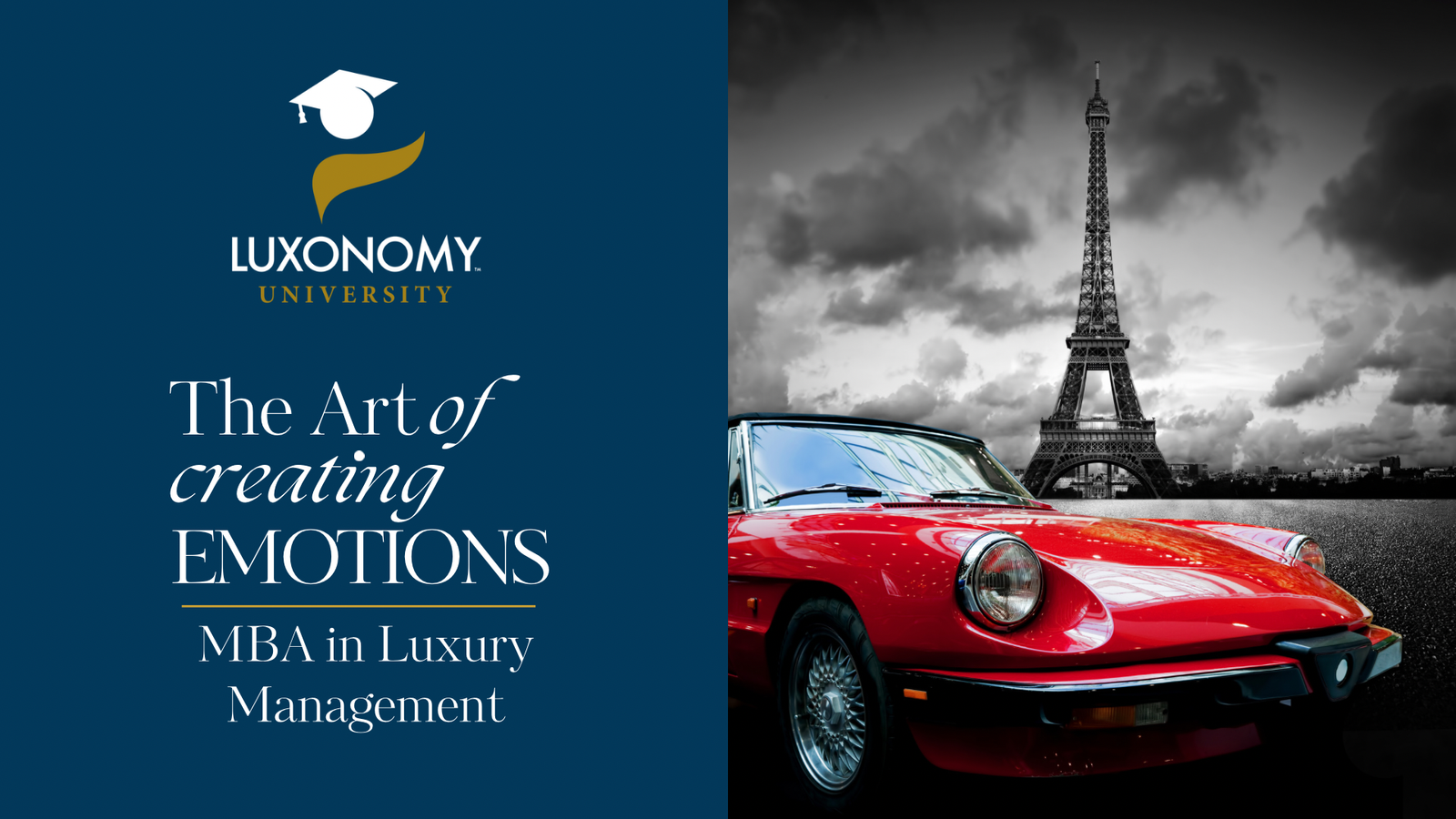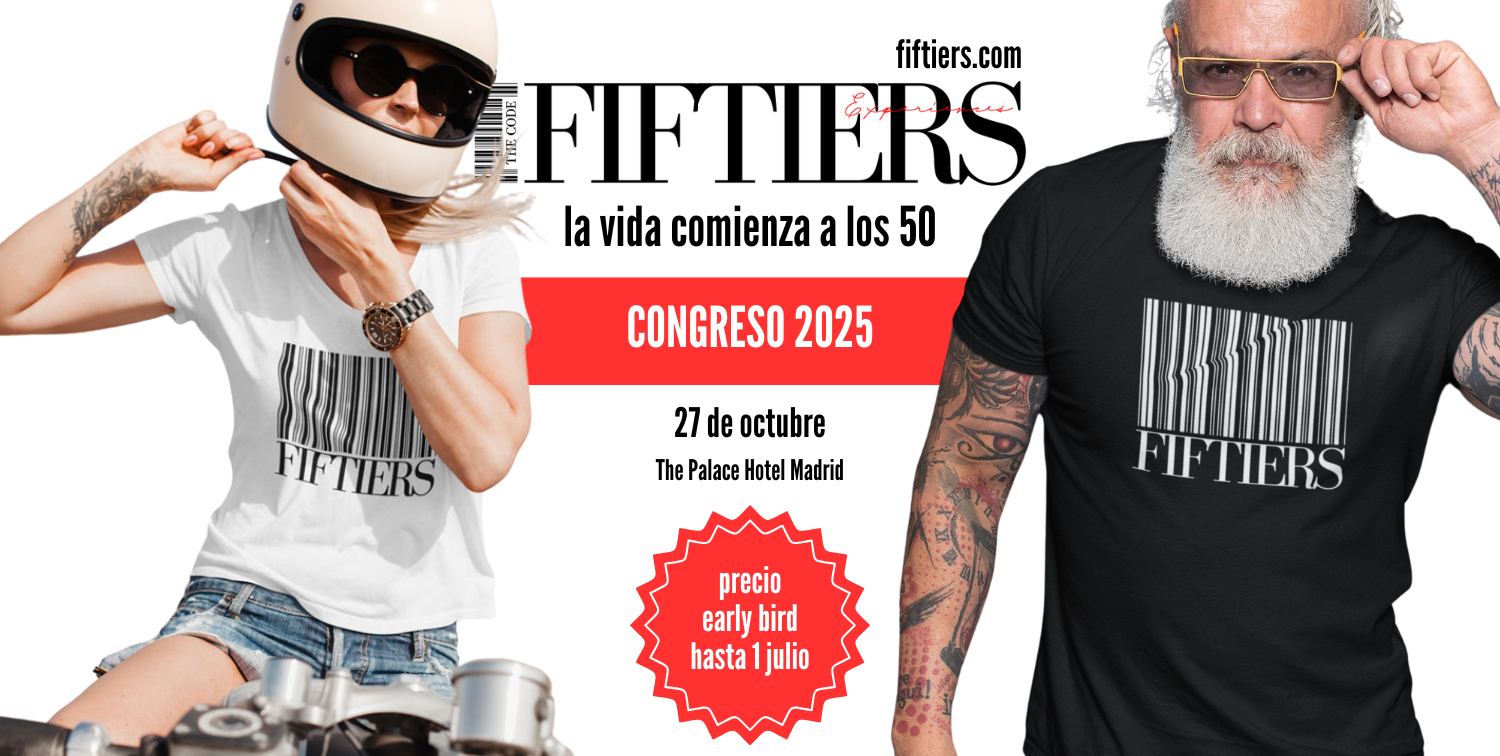
The world of hypercars has always been a realm of unbridled innovation, where speed, design, and prestige converge to create the ultimate driving experience. These extraordinary vehicles are the pinnacle of automotive engineering, with manufacturers constantly pushing the boundaries of what is possible. As we look to the future, it is exciting to consider the advancements that will shape the next generation of hypercars. With the rise of electric and hybrid powertrains, advanced materials, and cutting-edge aerodynamics, the possibilities are endless.

In recent years, the concept of housing has evolved, and one of the most fascinating trends is that of luxury floating homes. These impressive structures not only offer a unique way of living, but they also give a water-based living experience like never before imagined. From innovative designs to sustainable technologies, luxury floating homes are redefining the way we interact with our aquatic environment.

LUXONOMY announces the launch of the highly anticipated report “Profile of the New Chinese Luxury Consumer 2025”, an essential tool for understanding the trends and behaviors of one of the most dynamic and strategic markets in global luxury. Exclusive to our PREMIUM subscribers, this report offers a detailed and practical insight for brands and professionals looking to stand out in the Chinese market.

This study thoroughly examines the most effective AI tools for customer acquisition in the luxury sector, exploring their operation, benefits, and real applications. Additionally, it analyzes how these solutions enhance personalization, improve marketing strategies, and refine loyalty efforts. The content is organized by functional areas to help the identification of specific solutions based on business needs.

Luxury tourism, defined by personalized experiences, exclusivity, and superior quality, is undergoing an accelerated transformation through the adoption of advanced technologies. Artificial Intelligence (AI), as a central part of this revolution, not only optimizes internal and external processes but also redefines the concept of luxury by creating hyper-personalized and immersive experiences. This shift, yet, requires a sophisticated technical approach to integrate AI tools into the tourism ecosystem, which involves everything from data analytics systems to immersive technology infrastructures.
The current report explores, from an advanced technical perspective, the mechanisms and specific methodologies through which advanced AI enhances luxury tourism. This analysis includes not only the fundamental technological components but also the potential impact on customer experience, sustainability, and operational profitability. Additionally, it addresses technical and ethical challenges related to the adoption of these disruptive technologies, highlighting both real and speculative examples of futuristic applications. Ultimately, this document offers a guide for understanding and applying the technological solutions necessary to compete in a highly demanding and constantly evolving market.

Bvlgari kicked off celebrations for the Year of the Snake in Shanghai with an exceptional immersive art exhibition inspired by the Maison’s legendary icon, revisited by 19 Chinese and international artists. The exhibition also showcases the new Serpenti 2025 collections. Featuring 28 artworks by 19 Chinese and international artists – 11 of them created exclusively for the occasion – the exhibition is an invitation to explore the captivating meanings and interpretations of the snake through art, history and contemporary permutations. The event included a worldwide premiere for a work entitled “Infinito: AI Data Sculpture” by Refik Anadol, a 3D sculpture set in the center of a 360-degree mirrored room.

On Wednesday, January 29, 2025, the Chinese New Year begins, a celebration of great cultural and economic significance that symbolizes new beginnings, opportunities, and growth. In the luxury sector, this date has become a key moment to connect with Chinese consumers, who lead the global consumption of personal luxury goods.
In line with this important celebration, LUXONOMY is preparing to present, next week, its exclusive Report on the Profile of the New Chinese Luxury Consumer, a comprehensive analysis that reveals the trends, preferences, and purchasing behaviors of this influential group of consumers.
With this report, we provide a strategic guide to understanding and seizing the opportunities presented by the Chinese market, which will continue to lead the luxury sector in the coming years.

Twenty years after the first Louis Vuitton x Takashi Murakami collaboration – released in 2003 under then creative director Marc Jacobs – the Maison and the Japanese contemporary artist are delighted to announce the launch of Louis Vuitton × Murakami, a festive and joyful re-edition that reimagines the original collection.

Gastronomy has evolved beyond being a simple culinary experience to become a key component of luxury tourism. High-net-worth travelers seek unique and personalized experiences where food is not just a complement but the main reason for choosing a destination.
Luxury tourists spend an average of €1,500 on exclusive gastronomic experiences, representing nearly 30% of their total travel expenditure. In some destinations, such as Tokyo or Paris, this spending can exceed €2,000 per experience.
The combination of exclusivity, creativity, and authenticity in gastronomy attracts a market segment willing to pay for experiences that blend culinary art, tradition, and modernity. This study delves into trends, success factors, standout cases, and opportunities to strengthen gastronomy’s role in luxury tourism, while also analyzing the challenges this ever-evolving industry faces.

This report analyzes how Millennials, Generation Z, and Baby Boomers interact with luxury brands, identifying key patterns, influences, and differences in their approaches to consuming premium products and experiences. As generations evolve, so do their expectations of brands, forcing companies to constantly adapt to remain relevant and competitive in a globalized market.



































